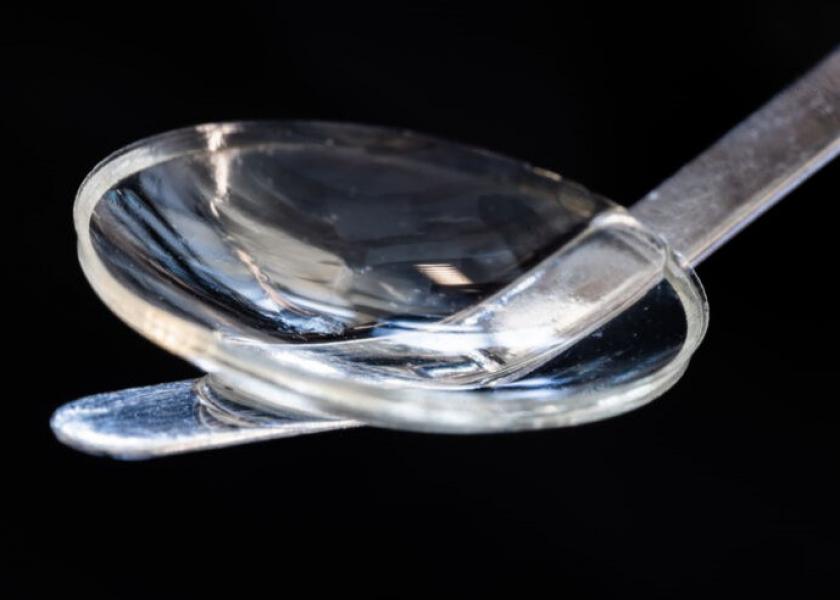Pig Skin Restores Eyesight to the Blind and Visually Impaired

No, it wasn't a miracle...exactly. Twenty people who were suffering from blindness or on the verge of blindness had some or all of their eyesight restored because of pig skin.
Researchers from Linköping University (LiU) and LinkoCare Life Sciences AB were able to give the group of people in this pilot study their vision back with a special implant made from medical-grade collagen from pig skin, a purified food industry byproduct that's used in FDA-approved medical devices for treating glaucoma.
“The results show that it is possible to develop a biomaterial that meets all the criteria for being used as human implants, which can be mass-produced and stored up to two years and thereby reach even more people with vision problems. This gets us around the problem of shortage of donated corneal tissue and access to other treatments for eye diseases,” said Neil Lagali, professor at the Department of Biomedical and Clinical Sciences at LiU and one of the researchers behind the study, in a release.
A Perplexing Problem
The implant was given to those who suffer from diseased corneas, the outermost and transparent layer of the eye, an issue that affects millions of people worldwide. According to the release, an estimated 12.7 million people around the world are blind due to their corneas, which is the outermost transparent layer of the eye, being damaged or diseased.
A transplanted cornea from a human donor is currently the only solution to regain vision. Unfortunately, only one in 70 patients receives a cornea transplant. And many who need these transplants live in low- to middle-income countries where access to treatments is limited.
Porcine Skin Holds Answers
The cornea consists mainly of collagen. To create an alternative to human cornea, researchers used collagen molecules derived from pig skin that were highly purified and produced under strict conditions for human use.
"The pig skin used is a byproduct of the food industry, making it easy to access and economically advantageous. In the process of constructing the implant, the researchers stabilized the loose collagen molecules forming a robust and transparent material that could withstand handling and implantation in the eye," the release said.
Donated corneas must be used within two weeks, but these specially bioengineered corneas can be stored for up to two years before use.
"The promising results bring hope to those suffering from corneal blindness and low vision by providing a bioengineered implant as an alternative to the transplantation of donated human corneas, which are scarce in countries where the need for them is greatest," a LiU release said.
What's Next?
The primary purpose of the pilot study was to investigate the safety of the implant. Researchers were surprised by what happened with the implant, the release said.
"The cornea’s thickness and curvature were restored to normal. At the group level, the participants’ sight improved as much as it would have after a cornea transplant with donated tissue. Before the operation, 14 of the 20 participants were blind. After two years, none of them was blind any more. Three of the Indian participants who had been blind prior to the study had perfect (20/20) vision after the operation," the release pointed out.
A larger clinical study followed by market approval by regulatory authorities is needed before the implant can be used in healthcare. The researchers hope to study whether the technology can be used to treat more eye diseases, and whether the implant can be adapted to the individual for even greater efficacy.
More from Farm Journal's PORK:
Activist Threats Aren’t Just on the Farm Anymore
Wind, PRRS and Pig Farm Biosecurity: Learn from Our Outbreak







